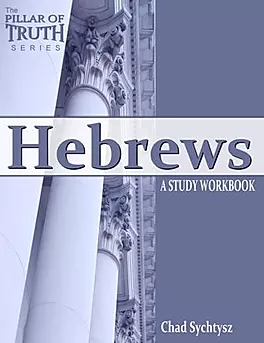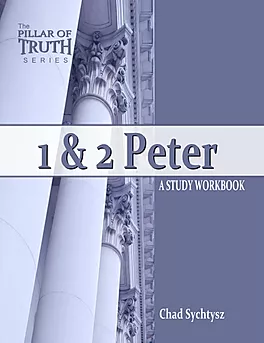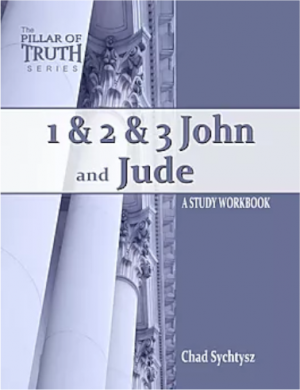Hebrews takes us where few other inspired writings ever venture: deep into the heart of Christ’s role as both King and High Priest. The entire epistle radiates with glowing respect for the lordship and intercession of Jesus. It gives us rare glimpses into Christ’s role as an obedient Son as well as the incalculable offering of Himself as the Redeemer of sinful men. Yet at the same time the writer of Hebrews teaches us to adore the Savior, he also forces us to examine our own heart with regard to where we stand with the Lord. Just as he warned his fellow Christians against succumbing to unbelief, so we must be warned against this same temptation. The powerful relevancy of this epistle—both in its exaltation of Christ and its warning against “falling away” from the living God—is what makes the study of it both urgent and essential. No doubt many Christians have “fallen away” because they did not reverently appreciate the divine, dual nature of Christ and/or were ignorant of the dangers of “unbelief.”
Hebrews Study Workbook (New Edition Coming Soon!)
New Edition Coming Soon
Spiral-bound (lays flat), 158 pages
Hebrews takes up where few other inspired writings ever venture: deep into the heart of Christ’s role as both King and High Priest. The entire epistle radiates with glowing respect for the lordship and intercession of Jesus. It gives us rare glimpses into Christ’s role as an obedient Son as well as the incalculable offering of Himself as the Redeemer of sinful men. Yet at the same time the writer of Hebrews teaches us to adore the Savior, he also forces us to examine our own heart with regard to where we stand with the Lord. Just as he warned his fellow Christians against succumbing to unbelief, so we must be warned against this same temptation. The powerful relevancy of this epistle—both in its exaltation of Christ and its warning against “falling away” from the living God—is what makes the study of it both urgent and essential. No doubt many Christians have “fallen away” because they did not reverently appreciate the divine, dual nature of Christ and/or were ignorant of the dangers of “unbelief.”




